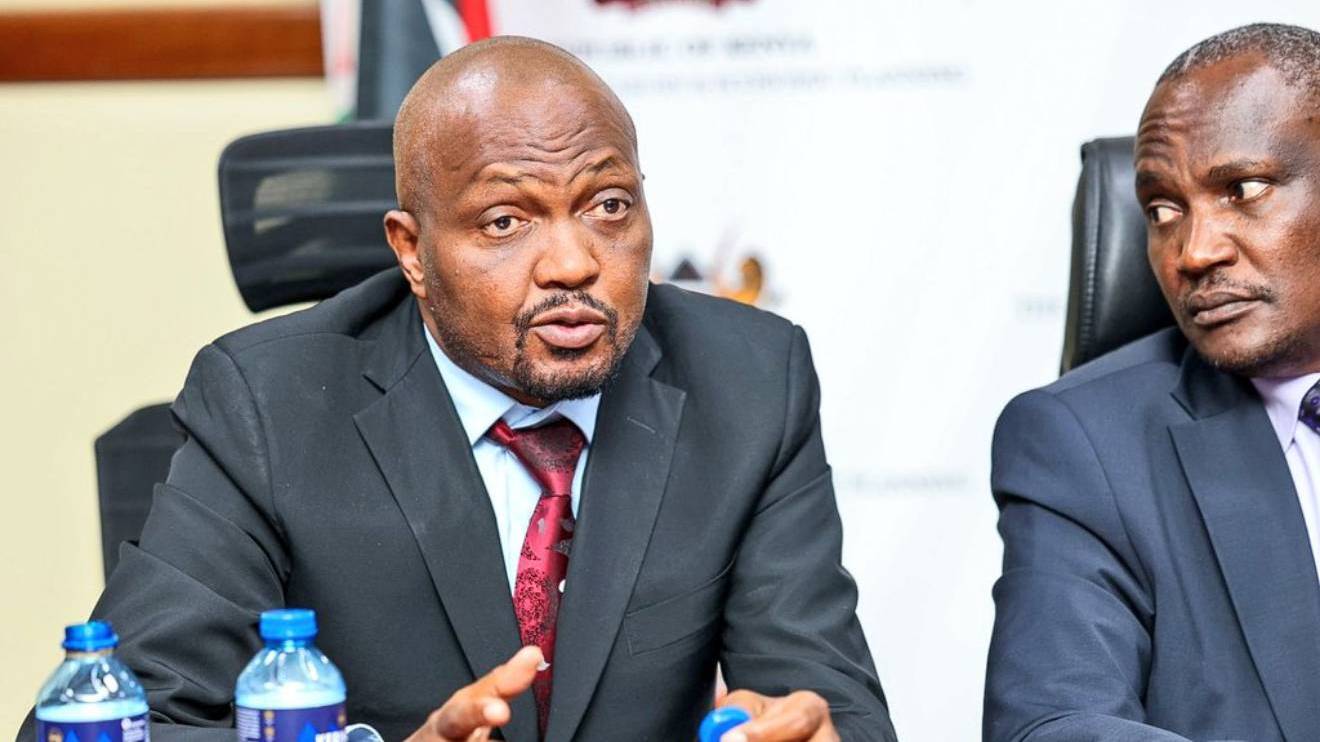In a move aimed at expanding the country’s tax base, the Kenyan government has announced that all pay bills will be classified as virtual electronic tax receipt systems starting December 25, 2024.
This initiative, revealed by Moses Kuria, the Senior Advisor to President William Ruto on economic issues, is part of a broader strategy to enhance tax collection by integrating all pay bills and till numbers with the Kenya Revenue Authority (KRA).
"We have agreed with the Commissioner General here that all those Paybills…Mr. James Muriu because they are your members, they are your customers…please whisper to them that come Christmas 202, all Paybills will also be virtual ETRs for purposes of KRA," Kuria stated.
Kuria highlighted the inequity in the current tax system, where a small portion of the population, primarily those in the formal sector, bear the brunt of the tax burden.
He emphasized the need to ensure that all individuals and businesses contribute their fair share to the country's development.
Read More
Kuria pointed out that Kenya boasts a significant advantage in digital payment infrastructure, stating, "The level of digitization, digital payments of the Kenyan economy can be… other countries can look at it, green with envy."
He emphasised the urgent need for this change, describing it as "an imperative."
Kuria pointed out that Kenya boasts a significant advantage in digital payment infrastructure, stating, "The level of digitization, digital payments of the Kenyan economy can be… other countries can look at it, green with envy."
He noted that even individuals without formal education can utilise digital payment systems such as M-Pesa, thereby creating a robust foundation for implementing this initiative.
Kuria further highlighted the opportunity to digitise the revenue framework, stating, "Today at KRA the people who have the devices for VAT, the ETR devices, they are only 200,000. Combined, all our telcos and the banks who are doing mobile money, we've got what we call digital touch points for payments – two million of them… 10 times the ETRs we have at KRA. That just speaks to the huge, huge opportunity that Kenya has."
KRA Summit Day 3. pic.twitter.com/Ye3ZbGK94b
— Hon.Moses Kuria,HSC (@HonMoses_Kuria) October 9, 2024
His announcement aligns with recent comments from Treasury Cabinet Secretary John Mbadi, who urged KRA to leverage technology to improve tax compliance and collection.
"Embracing technology is essential for addressing the modern age challenges our tax administration faces. It is only through innovation that we can enhance efficiency and effectiveness in our revenue mobilisation efforts," Mbadi asserted,
" I want to reiterate The National Treasury’s commitment to supporting KRA in its undertaking towards domestic revenue mobilization and economic development."
Kuria acknowledged potential resistance to the new tax framework but reaffirmed the government’s commitment to its successful implementation.
"I know there's going to be some noise, but I also want you to tell me. Where did we agree that someone will not be taxed? Maybe I missed that memo. As far as I know, paying taxes is within our constitution, it’s within our law," Kuria asserted.
While this ambitious initiative aims to foster greater tax equity and revenue generation, it is likely to face opposition from Kenyans who may view it as an additional burden, particularly among those already feeling the strain of existing economic challenges.
The government's approach to managing this potential backlash will be crucial as the country transitions to this new tax system.


-1752586683.jpg)

 (1)-1752516757.jpg)

 (1)-1746786193.jpg)
